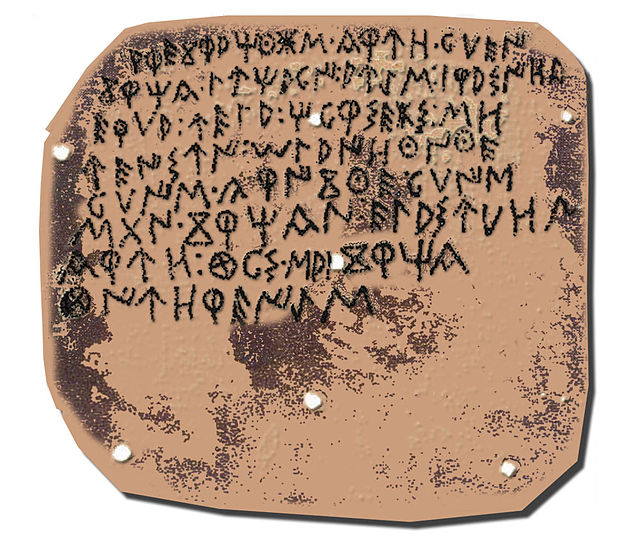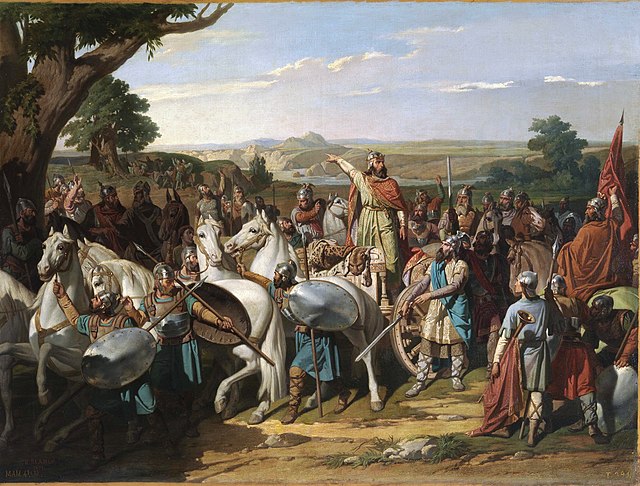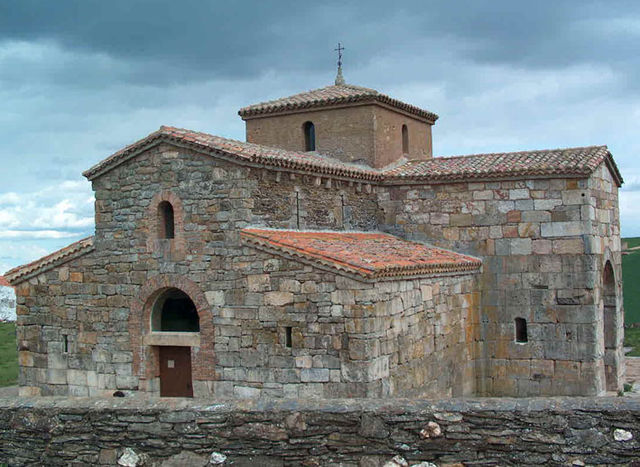Spain in the Middle Ages is a period in the history of Spain that began in the 5th century following the fall of the Western Roman Empire and ended with the beginning of the early modern period in 1492.
Visigothic church of Santa Comba de Bande, Ourense. Galicia, Spain.
Aragonese Castle in Reggio Calabria, Italy
The Spanish kingdoms in 1360
The history of Spain dates to contact between the pre-Roman peoples of the Mediterranean coast of the Iberian Peninsula made with the Greeks and Phoenicians. During Classical Antiquity, the peninsula was the site of multiple successive colonizations of Greeks, Carthaginians, and Romans. Native peoples of the peninsula, such as the Tartessos people, intermingled with the colonizers to create a uniquely Iberian culture. The Romans referred to the entire peninsula as Hispania, from which the name "Spain" originates. As was the rest of the Western Roman Empire, Spain was subject to the numerous invasions of Germanic tribes during the 4th and 5th centuries AD, resulting in the end of Roman rule and the establishment of Germanic kingdoms, marking the beginning of the Middle Ages in Spain.
Illustration depicting the (now lost) Luzaga's Bronze, an example of the Celtiberian script.
Visigothic King Roderic haranguing his troops before the Battle of Guadalete
Detail of the votive crown of Recceswinth from the Treasure of Guarrazar, (Toledo-Spain) hanging in Madrid. The hanging letters spell [R]ECCESVINTHVS REX OFFERET [King R. offers this].
Visigothic church, San Pedro de la Nave. Zamora. Spain






![Detail of the votive crown of Recceswinth from the Treasure of Guarrazar, (Toledo-Spain) hanging in Madrid. The hanging letters spell [R]ECCESVINTHVS](https://upload.wikimedia.org/wikipedia/commons/thumb/f/f2/Corona_de_%2829049230050%29.jpg/287px-Corona_de_%2829049230050%29.jpg)
